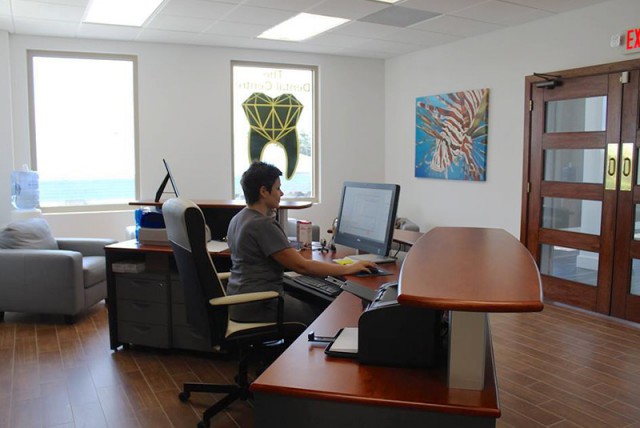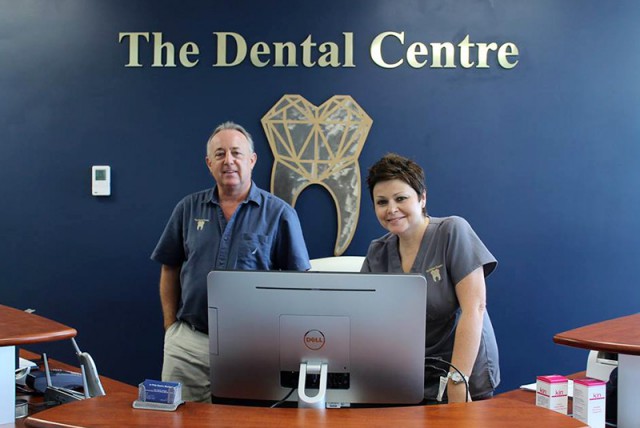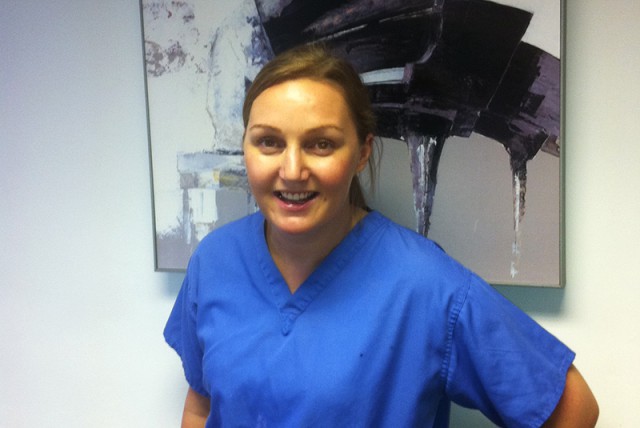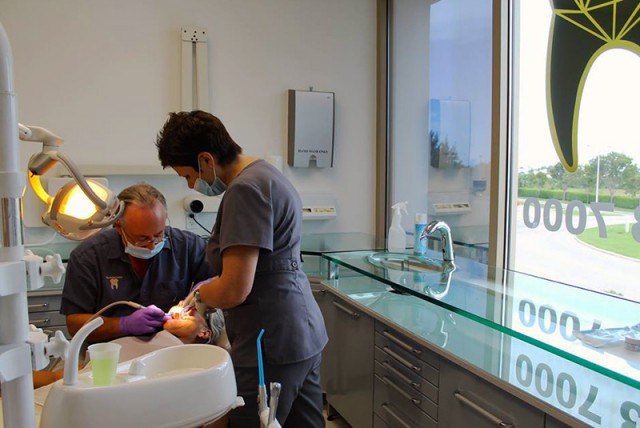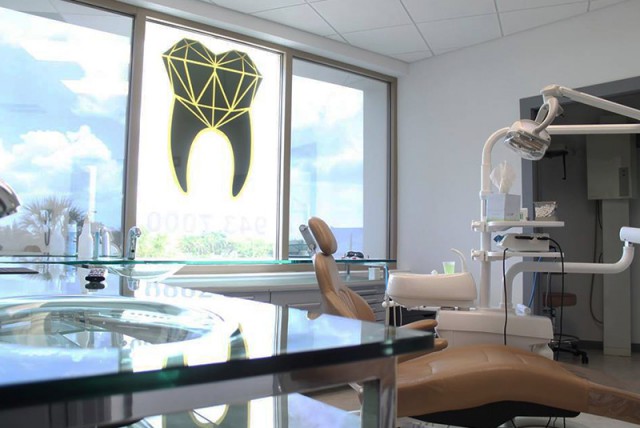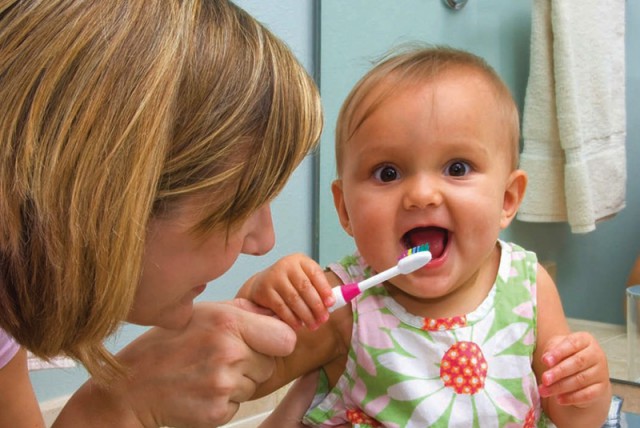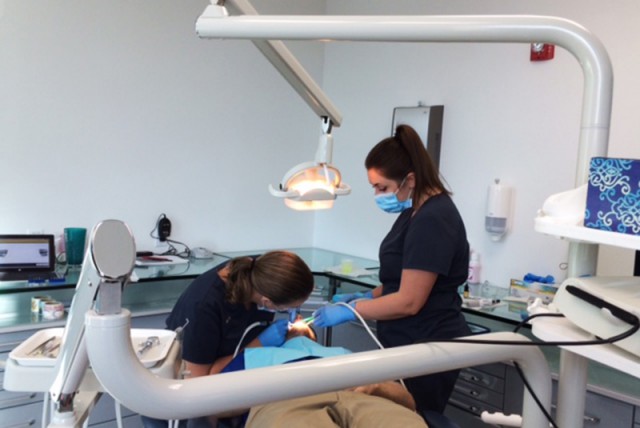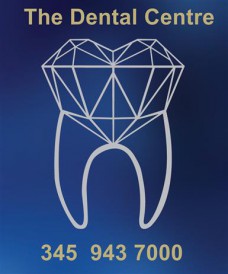


A healthy tooth consists of two main parts the crown and the root and is comprised of enamel, dentine and pulp (nerve) tissue.
The part of the tooth that you can see in the mouth is called the crown and it is covered by an external layer of Enamel. Enamel is the hardest tissue in the body and consists of dead cells. It cannot be regenerated and plays no part in tooth sensitivity.
If, however, enamel is removed by wear such as acid erosion or dental decay exposure of the underlying dentine can initiate extreme sensitivity. The dentine is a living layer of cells that extends throughout the tooth.
Dentine tubules convey impulses to the central pulp chamber where the nerve resides. Damage to the nerve of a tooth results in the death of the living tissue and abscess formation. The most likely occurrence for this event to take place is through dental decay or fracture of the tooth as a result of an accident. Once bacteria invade the pulp chamber the process is irreversible and leads to death of the nerve and formation of a dental abscess so often characterized by pain and swelling.
Root Canal treatment is the process of going inside the pulp space and cleaning and removing the infected material. The space is then completely obliterated with filling material so as to prevent re invasion by any residual bacteria. If a root treatment fails it is usually caused by inadequate filling of the pulp chamber allowing bacteria to re-colonies the area.
At The Dental Centre we utilize the very latest Swiss Endomaster root canal instrument in helping to locate and clean out the infected nerve material right down to the very root tip. This is essential in order to ensure that the resultant root filling is placed with utmost accuracy and that no space is left for any bacteria to invade the area and reform an abscess.
We provide a dental service for all the family from routine six monthly check ups and cleaning to the most advanced surgical and restorative dental procedure.
In offering comprehensive dental care we consider the importance of function as well as aesthetics. Your teeth must not only look great but must function well in order to help optimize your general health. For good oral health it is of paramount importance to consider not only the teeth but the health of the supporting gum and tooth (periodontal) tissues.
The successful outcome of any dental treatment depends greatly on our ability to maintain optimum levels of oral hygiene. Any complex dental makeover or implant procedure should start in a healthy disease free mouth.
All dental treatments should start with healthy gum and periodontal tissues. We offer the latest methods of plaque control and removal of dental tartar and staining. The bacteria present in dental plaque and tartar release acids responsible for the initiation of dental caries.
Chemical toxins also produced by these bacteria can if left unchecked lead to bleeding and inflamed gums a condition often referred to as gingivitis. If this situation is left uncontrolled then bone loss and damage to the ligament supporting the teeth can result; a condition often referred to as periodontitis. Once bone has been lost around the teeth it is difficult if not impossible to regenerate. Our treatments aim at eliminating the bacteria and calcified deposits of tartar found around the teeth that give rise to gingivitis and periodontal disease.
Where indicated ultrasonic cleaning and root planning techniques can be carried out under local anesthetic for added patient comfort.
In our advanced periodontal procedures we aim at charting and monitoring the amount of bone loss and pocket depths around the teeth. This helps us to establish a base line in order to measure future improvement and motivate our patients.
Of all the areas of dentistry, successful elimination of gum and periodontal disease lies to a large degree in the hands of the patient.
Success at all times is dependent on achieving optimum levels of oral hygiene and plaque control at home between dental visits. It is the responsibility of the dentist and dental hygienist to treat, motivate and educate our patients in fighting periodontal disease, however, the ultimate outcome lies predominantly in the hands of the patient.
P.O. Box 737, 2nd Floor, Fidelity Financial Centre, West Bay Rd
(same building as Blue Cilantro restaurant ) Grand Cayman KY1-9006 George Town, Cayman Islands
